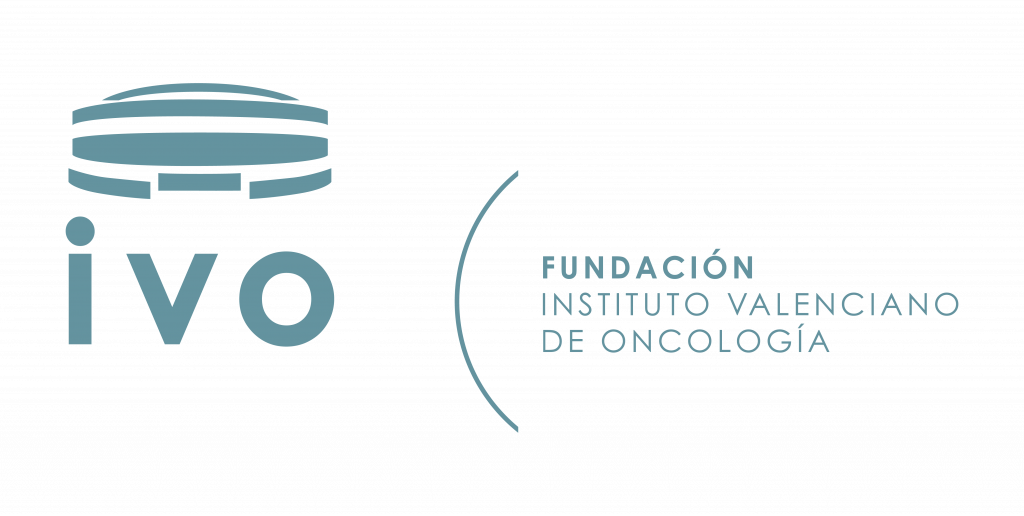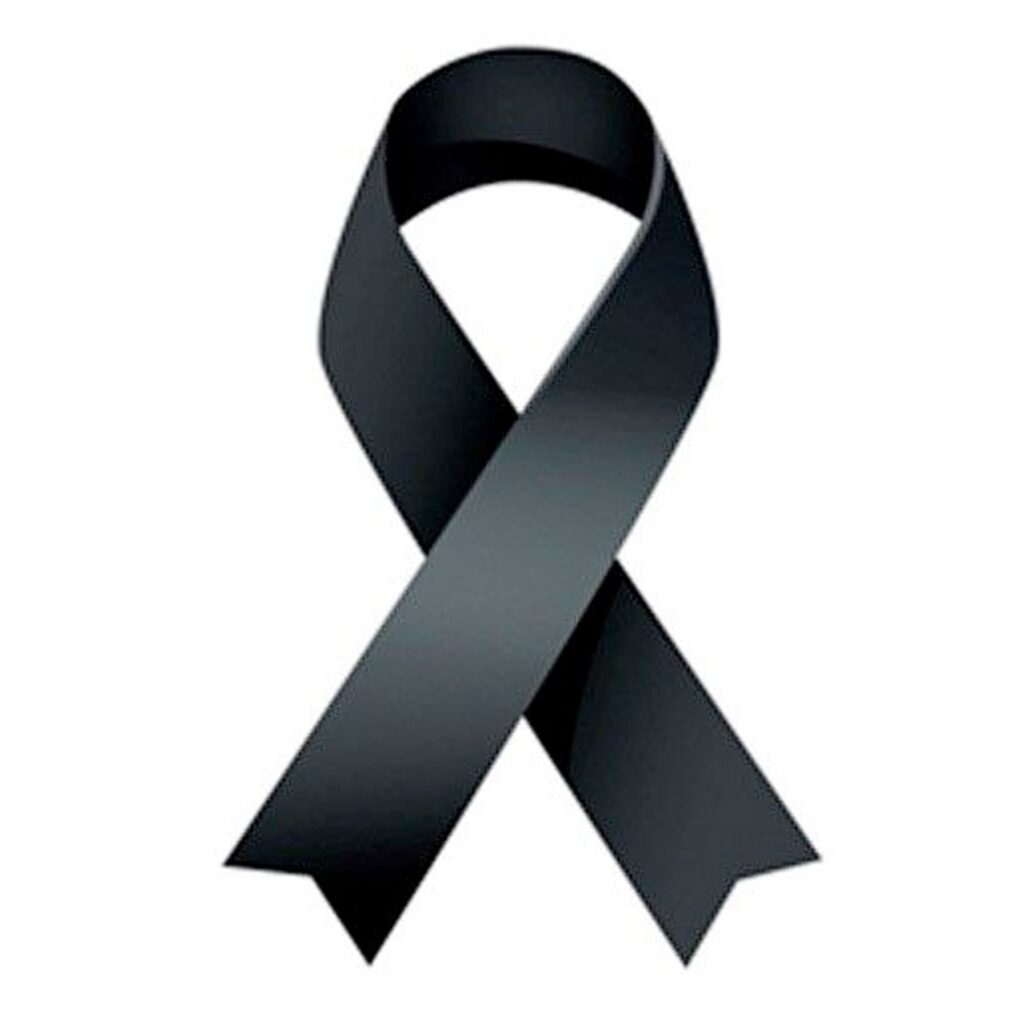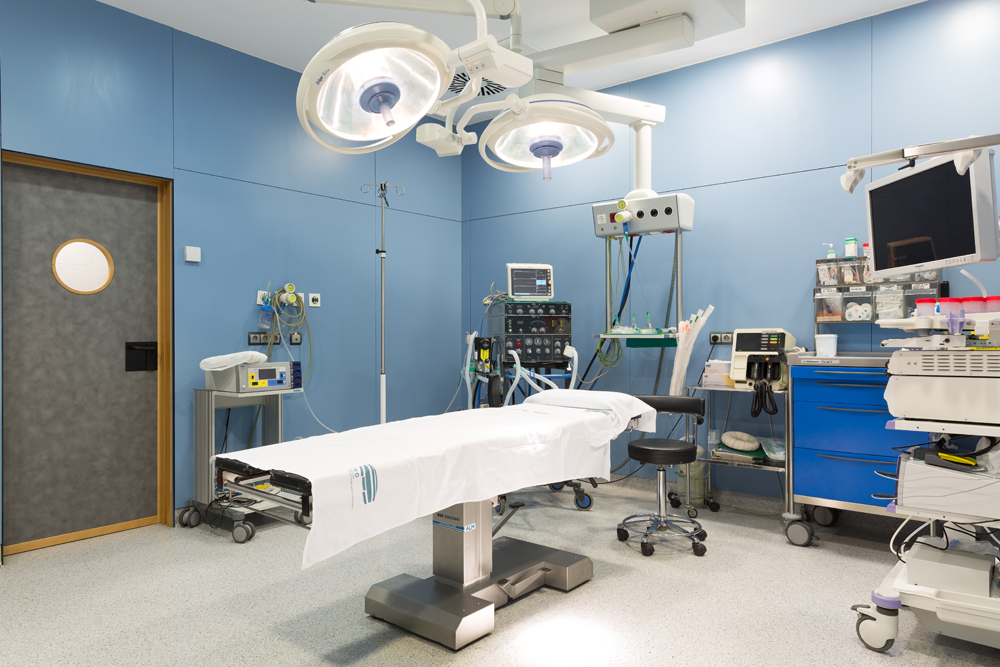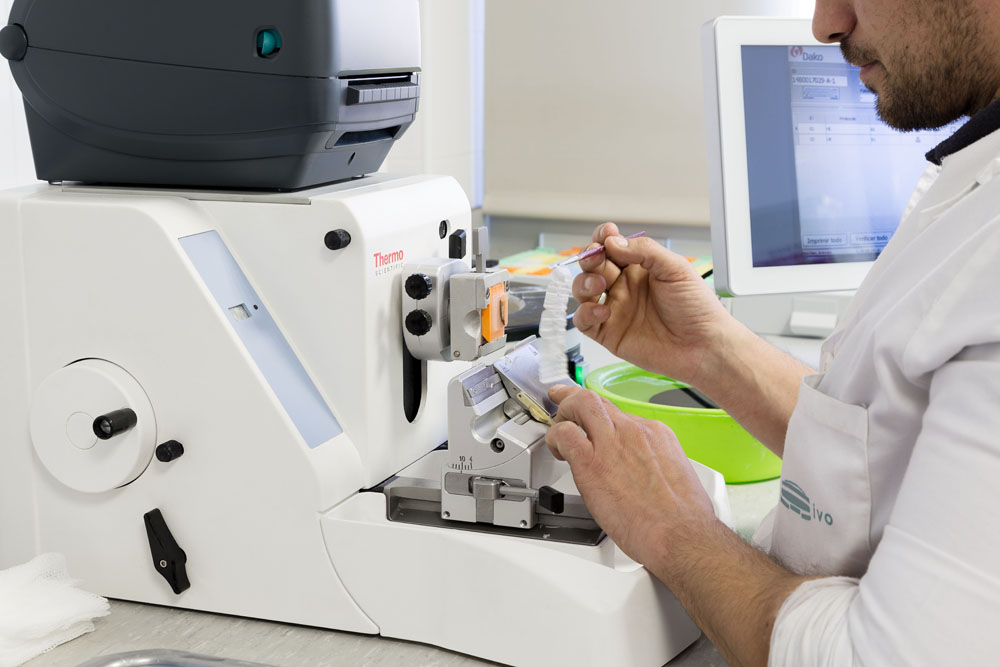Local growth occurs when there is a deep intrusion of the tumour through the oesophageal wall (from inside to outside). It can affect the surrounding organs, which will be different depending on the location of the tumour in the oesophagus (upper, middle or lower third).
The oesophagus has a rich network of lymphatic vessels that allow lymph to drain to multiple lymph node regions. Tumours in the cervical part (upper third) of the oesophagus drain to the lymph nodes in the neck, at the supraclavicular level (above the clavicles) and to the lymph node chains in the mediastinum (the anatomical area between the two lungs, where important structures such as the heart, trachea, oesophagus, and great vessels are located).
Tumours in the thracic and abdominal parts (lower two thirds) tend to drain to lymph nodes located along the entire mediastinum, as well as gastric and hepatic nodes.
Disease is spread through the blood vessels, particularly to the liver and lungs.







